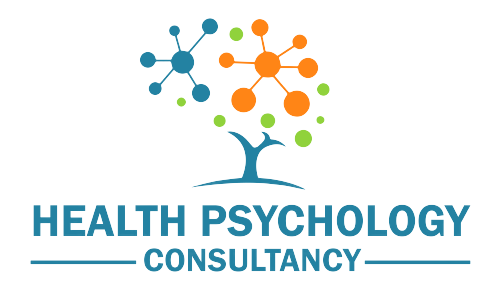
What are HCPs not saying about their NMOSD knowledge and prescribing choices?

What are HCPs not saying about their NMOSD knowledge and prescribing choices?
The Client
Global pharmaceutical company + path-to-market strategy company
The Need
To gain an understanding of the subconscious drivers of NMOSD treatment decisions.
The Action
US Neurologists and Ophthalmologists were video interviewed for the purpose of analysing both their words and body language.
The Outcome
There was huge anxiety and discomfort discussing NMOSD knowledge, demonstrating a lack of understanding and confidence. HCPs also tended to lean on other similar medical conditions to ease their anxiety and guide their treatment decisions. In addition, there was reliance on treatments not necessarily seen as the best option, which was driven by a need to treat fast due to fear around the severity of relapse. The need of the hour was identified as HCP education to help bring NMOSD out of the shadows of other conditions and to ensure sufficient patient care and outcomes.
Commercial Leader, pharma
“It was alarming to see the lack of knowledge in those who are treating NMOSD. This was not something we had seen in previous extensive research, so the behavioural analysis certainly gave us another perspective to work with.”



It was alarming to see the lack of knowledge in those who are treating NMOSD. This was not something we had seen in previous extensive research, so the behavioural analysis certainly gave us another perspective to work with.
The client
Global pharmaceutical company + path-to-market strategy company
Commercial Leader, pharma
The need
To gain an understanding of the subconscious drivers of NMOSD treatment decisions.
The action
US Neurologists and Ophthalmologists were video interviewed for the purpose of analysing both their words and body language.
There was huge anxiety and discomfort discussing NMOSD knowledge, demonstrating a lack of understanding and confidence. HCPs also tended to lean on other similar medical conditions to ease their anxiety and guide their treatment decisions. In addition, there was reliance on treatments not necessarily seen as the best option, which was driven by a need to treat fast due to fear around the severity of relapse. The need of the hour was identified as HCP education to help bring NMOSD out of the shadows of other conditions and to ensure sufficient patient care and outcomes.
